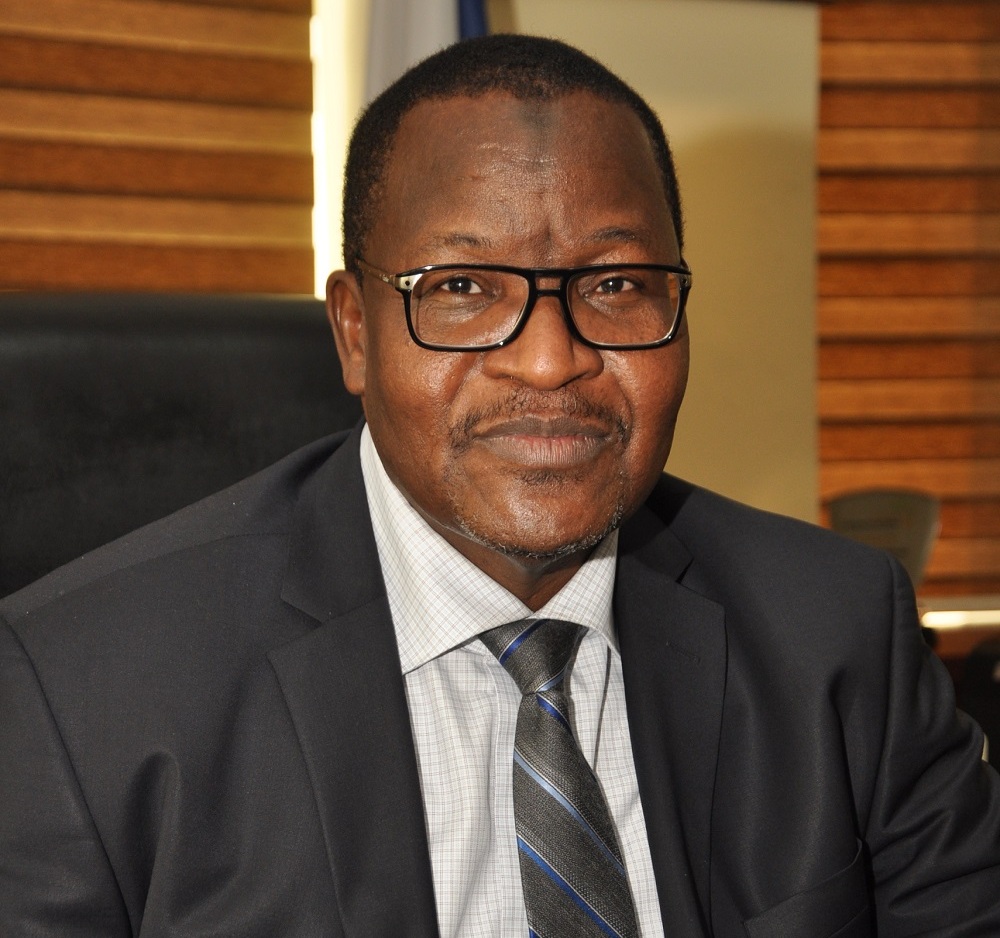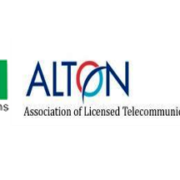Broadband penetration has declined by 3% from a peak of 45.93% in October 2020 to 42.93% in January 2021, Nigeria’s telecom regulator has revealed in a recent statement.
Executive Vice Chairman and CEO of the Nigerian Communications Commission (NCC), Professor Umar Garba Danbatta, said the decline is due to the suspension of registration of new SIM cards in December with government pushing to have all phone users properly registered and their numbers linked to their National Identification Number (NIN). It is part of the measures to deepen national security.
“Although, there has been a 3% decline in the broadband penetration from a peak of 45.93% in October 2020 to 42.93% in January 2021, which was largely as a result of the suspension of registration of new SIM cards in December to facilitate smooth linkage and synchronization of the SIM-NIN databases that will not only address some of the security challenges we are facing today but it will help us determine the truly unique numbers in the country thus further guiding us towards achieving the 70% penetration target,” said Danbatta during a virtual meeting by telecom & IT stakeholders that focused on achieving the New Nigerian National Broadband Plan (NNBP 2020-2025).
National broadband targets
“Some of the targets of the NNBP 2020-2025 include: achieving 15Mbps & 25Mbps internet speed in rural and urban areas respectively by 2025; interconnection of 90% of all LGA’s by fibre; 70% population penetration, 100% of tertiary institutions to be within 5Km of a fibre PoA; 60% of all telecom towers to be connected by fibre; connection of one major hospital or general hospital per LGA via fibre; reduction of average cost of data to N390/Gb or less and establishment of at least one local assembly or manufacture of smart devices; and reduction of Right-of-Way (RoW) to N145/m,” added Danbatta while stressing that acheeiving the targets will require the collaboration of all stakeholders including “government and the industry” operators.
In his presentation: ‘Aggregating the Potential of the Sub-Sector to Meet the New Broadband Set Target Of 70%,’ the telecom regulator affirmed that the commission has moved to consolidate strategies at achieving the 70% penetration target including ensuring Infraco licensees comply with the directive issued them to “commence immediate roll-out of optic fibre cables (OFC) as contained in their license agreements to all the LGA headquarters by giving them freehand to start from viable areas and gradually move to unviable areas while the expected counter-part funding from Government is being finalized.”
The commission has also moved to ensure spectrum availability to avoid constraints on the ability of operators to provide new services including deploying Next Generation Networks (NGN) as well as stayed committed to pushing collaboration with state governments to adopt the N145/m or outright waiver RoW.
“The Commission’s regulatory thrust towards enabling National Roaming, approval of e-SIM and 5G trials have also aggregated the efforts of the industry players towards achieving the set target,” Danbatta continued. He was represented at the event by NCC’s Director, Digital Economy, Dr. Austine Nwaulune.
The virtual structured engagement on achieving the NNBP 2020-2025 was organised by the Association of Telecommunications Companies of Nigeria (ATCON).






























